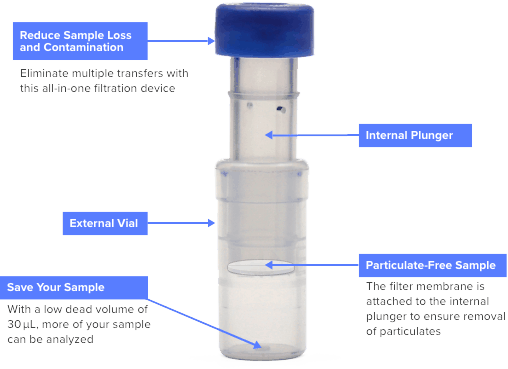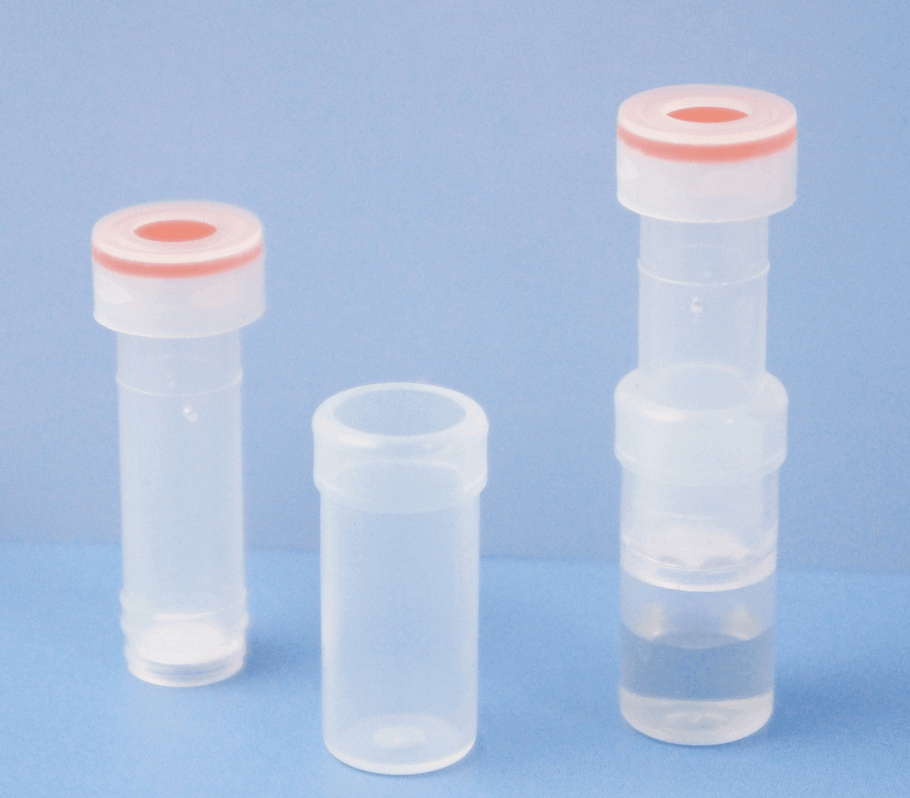


Aug 8, 2019 · The main issue with IVC filters is there is limited high quality data to support the use of these devices and IVC filters are not without their own long-term complications as well. Finally, there are also conflicting recommendations depending on which guidelines you choose to read [3][4][5]. Guideline Recommendations for Vena Cava Filters
Dec 1, 2022 · IVC filters are typically placed in an interventional suite using fluoroscopy to guide the final position of the filter. Alternatively, IVC filters can be placed at the bedside either using fluoroscopy or transabdominal or intravascular ultrasound.
FAIRFAX, VA (Sept. 9, 2020)—The Society of Interventional Radiology published new clinical practice guidelines that provide evidence-based recommendations on the use of inferior vena cava filters to treat venous thromboembolism (VTE). “These guidelines allow physicians treating patients at risk of a pulmonary embolism to make evidence-based
Dec 4, 2020 · Prophylactic IVCFs also have unproven benefit perioperatively in patients undergoing spinal surgery, total hip arthroplasty, or total knee arthroplasty and are therefore not recommended. 7,11,12,15 Importantly, IVCF insertion may lead to a delay in initiation of pharmacologic prophylaxis. IVCF-related complications Case 3
The Denali™ Vena Cava Filter should not be implanted in: • Patients with an IVC diameter larger than 28 mm • Pregnant patients when fluoroscopy may endanger the fetus. Risks and benefits should be assessed carefully • Patients with risk of septic embolism • Patients with uncontrolled sepsis
Aug 1, 2021 · Removal of retrievable inferior vena cava (IVC) filters, when clinically appropriate, has been recommended by the Food and Drug Administration in 2010 ( 1 ). This recommendation was made in response to a rise in filter placements and the number of reported postmarket adverse events. Since that time, the rate of retrieval has increased ( 2 ).
the filter to the vena cava wall. Other filter shapes are also used—for example, the bird’s nest IVC filter, which is a random array of wires extending in various directions; the shape is reminiscent of a bird’s nest. There are basically two types of IVC filters, perma-nent and optional, commonly referred to as retrievable.
The IVC filter is placed through a small incision in a vein in your groin or neck. A thin, flexible tube (catheter) is inserted into this vein. The catheter is then gently moved into your IVC. A collapsed IVC filter is sent with the catheter. The filter is left in place, and the catheter is removed.
cutaneous Greenfield vena cava filter (Medi-Tech) was approved in 1987 and has a modi - fication for a smaller apical cone measuring 2 mm as well as longer distal hooks on each of the six legs (Fig. 2B). The stainless steel Greenfield vena cava filter (Boston Scientif-ic) with 12-French introducer was approved in 1997 and was modified for a 4
IVC Filter CPG A Society of Interventional Radiology Clinical Practice Guideline for Inferior Vena Cava (IVC) Filters in the Treatment of Patients with Venous Thromboembolic Disease A Society of Interventional Radiology Clinical Practice Guideline for Inferior Vena Cava (IVC) Filters in the Treatment of Patients with Venous Thromboembolic Disease
f. Do not use of prophylactic IVC filters in SCI patients: i. Evidence supporting filter benefit (reduction in PE or mortality) is absent, ii. Complication rates associated with filter use exceed the rates of the disease that filters are designed to prevent, iii. Current filters are not safe when left in place for the
Mar 1, 2017 · An inferior vena cava filter is not indicated for patients treated with anticoagulation. Current guidelines recommend anticoagulation for a minimum of three months. Special situations, such
Nov 3, 2020 · for prophylactic IVC filters (no known DVT) get an ultrasound to confirm no DVT is present before IVC filter removal – if DVT is present (including in the filter itself, if considered significant), and the patient is not already on anticoagulation, anticoagulate for at least 2-3 weeks before removal. COMPLICATIONS Insertion failure
Conclusion: Inferior vena cava filters can be placed in patients who cannot receive concomitant anticoagulation without placing them at significantly higher risk of development of venous thromboembolism. Publication types Review Systematic Review MeSH terms Anticoagulants / adverse effects Anticoagulants / therapeutic use* Humans
Nov 30, 2020 · Inferior vena cava (IVC) filter placement is considered in a variety of clinical scenarios, yet in most cases, there is limited or low-quality evidence to support decision-making. Here, a multidisciplinary panel developed a clinical practice guideline based on 34 supportive studies to address key questions regarding the use of IVC filters.